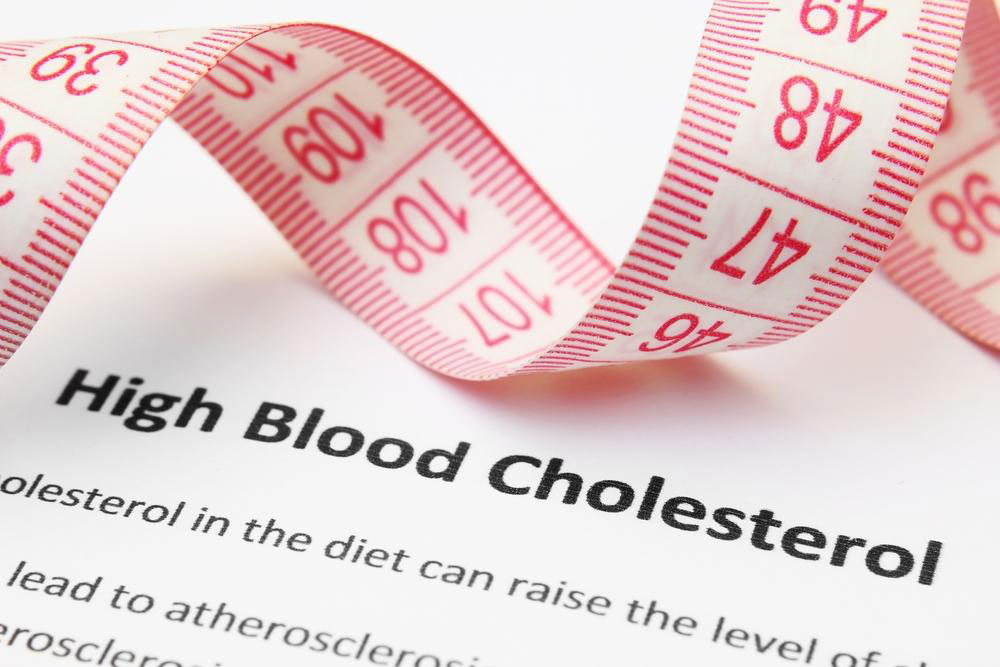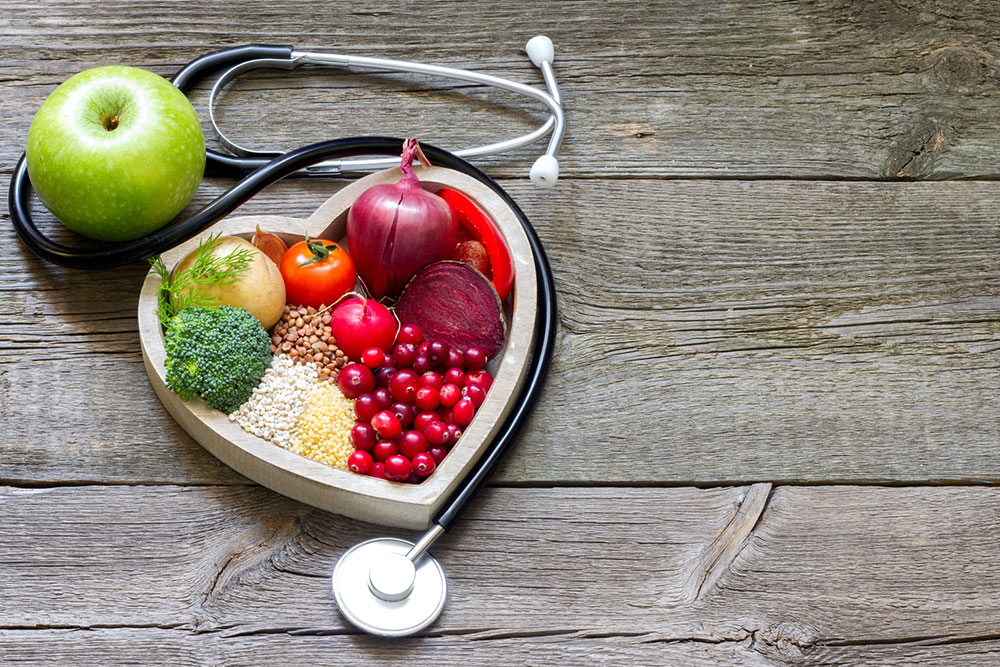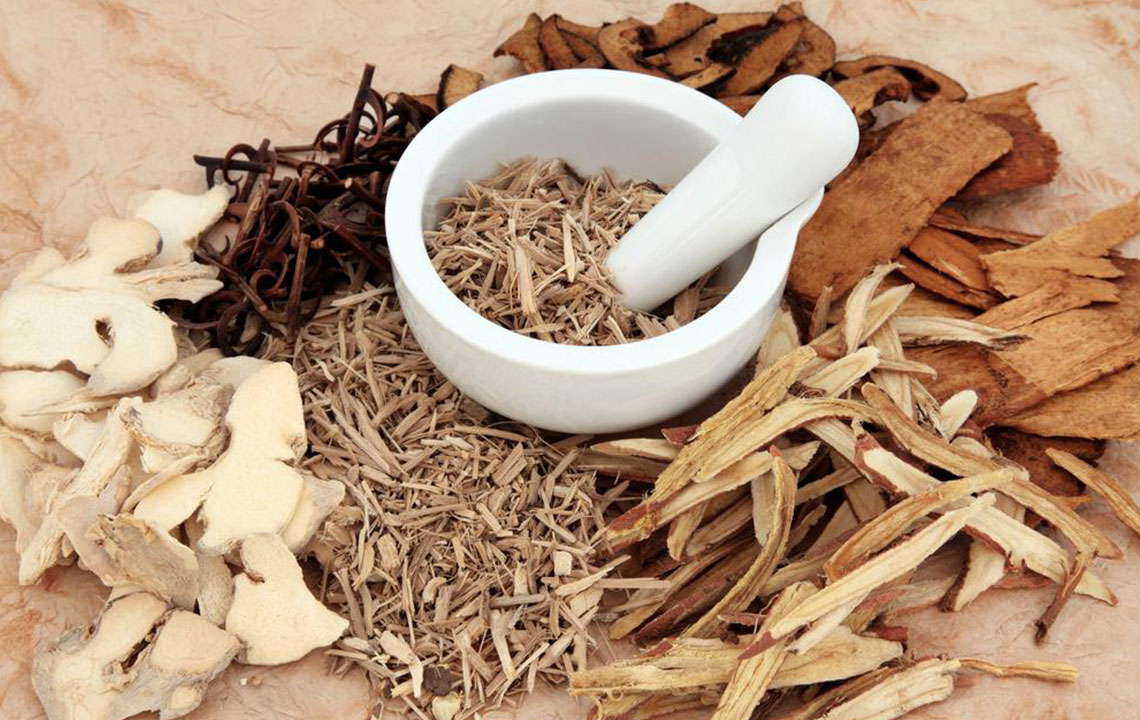Comprehensive Heart-Healthy Eating Tips to Effectively Reduce Cholesterol Levels
This comprehensive guide explores effective heart-healthy eating strategies to lower cholesterol levels naturally. It emphasizes foods to avoid, such as saturated fats, and recommends incorporating healthy fats, fiber-rich foods, and lifestyle changes to improve HDL and LDL balance. Regular monitoring and expert advice are essential for maintaining optimal heart health and preventing cardiovascular disease.

Effective Dietary Strategies for Managing Cholesterol and Promoting Heart Health
Maintaining healthy cholesterol levels is a cornerstone of heart health and overall well-being. Excessive intake of saturated fats from various foods can significantly raise blood cholesterol, especially low-density lipoprotein (LDL), which is often termed 'bad cholesterol.' Elevated LDL levels are a major risk factor for cardiovascular diseases, including heart attacks and strokes. Therefore, adopting a diet focused on reducing saturated fats and increasing intake of beneficial unsaturated fats can make a profound difference.
Scientific research underscores the importance of replacing unhealthy fats with healthier options to improve lipid profiles. By making conscious dietary choices, individuals can lower their cholesterol, enhance cardiovascular function, and reduce the risk of developing heart disease. This article explores comprehensive strategies for heart-healthy eating, identifying foods to limit and those to incorporate to support optimal cholesterol balance.
Foods That Contribute to High Cholesterol and Why They Matter
Understanding which foods elevate LDL cholesterol is crucial for effective dietary management. Consuming high amounts of saturated fats contributes significantly to increased blood cholesterol levels. These fats tend to raise LDL cholesterol, which can lead to the development of arterial plaques over time. This buildup narrows arteries, restricting blood flow and increasing the risk for heart attack and stroke.
To reduce your intake of foods that are rich in saturated fats, consider cutting back on the following items:
Butter and cream
Fatty cuts of red meats such as beef, pork, and lamb
Hard margarines and shortening
Duck and other poultry with skin
Animal fats, including lard and tallow
Full-fat dairy products like cheese, whole milk, and yogurt
Sausages, hot dogs, and processed meats
Coconut oil, palm oil, and palm kernel oil
Fried foods and baked goods prepared with saturated fats
Limiting these foods helps prevent excessive cholesterol absorption and supports heart health. Instead, focus on consuming foods that promote a balanced lipid profile.
The Impact of Diet on Cholesterol Levels and Heart Disease Risk
While following a low-cholesterol diet can help manage existing elevations, it is often insufficient if high cholesterol persists. Over time, excess LDL cholesterol can deposit within arterial walls, forming plaques that obstruct blood flow, leading to angina, heart attacks, and strokes. Managing cholesterol effectively requires a combination of dietary modifications, physical activity, and sometimes medication, as prescribed by a healthcare professional.
Adjusting the diet towards heart-friendly foods not only reduces LDL levels but can also improve levels of high-density lipoprotein (HDL), which plays a protective role by removing excess cholesterol from the bloodstream. This dual approach significantly diminishes cardiovascular risk.
Boosting HDL and Lowering LDL: What You Should Eat
High-density lipoprotein (HDL) cholesterol is beneficial because it helps ferry LDL away from arteries to the liver, where it can be processed and eliminated. Increasing HDL levels while reducing LDL is therefore pivotal in achieving a healthy blood cholesterol profile and safeguarding heart health.
Foods That Elevate HDL Cholesterol
Incorporate foods rich in omega-3 fatty acids, known for their heart-healthy benefits. Fatty fish such as salmon, mackerel, sardines, trout, and albacore tuna are excellent sources. These fish contain omega-3s which directly support the body's ability to produce beneficial HDL cholesterol and decrease harmful LDL cholesterol.
In addition to fatty fish, plant-based sources such as walnuts, flaxseeds, chia seeds, and hemp seeds are packed with omega-3s, aiding in cholesterol balance. Including these foods regularly in your diet can lead to healthier lipid levels over time.
Oils like extra virgin olive oil, canola oil, and soybean oil are rich in monounsaturated and polyunsaturated fats. These healthy fats not only improve HDL levels but also help lower LDL cholesterol. Using these oils in cooking, salad dressings, and marinades is an effective way to boost heart health.
Low-Cholesterol and Heart-Healthy Food Options
Incorporate fiber-rich foods such as oats, barley, whole wheat bread, brown rice, and other whole grains. The soluble fiber found in these foods binds to cholesterol in the digestive system and helps remove it from the body, thereby lowering LDL cholesterol levels.
Beans, lentils, chickpeas, and other legumes are also excellent sources of soluble fiber and plant-based protein, making them ideal for heart-healthy meals.
Fresh vegetables and fruits, particularly citrus fruits, berries, mangoes, and apples, contain antioxidants and fiber that promote cardiovascular health and help reduce inflammation.
Snacks like nuts (almonds, walnuts, pistachios) and seeds provide healthy fats, fiber, and plant sterols that assist in maintaining favorable cholesterol levels.
Beyond diet, lifestyle interventions play a crucial role in managing cholesterol. Quitting smoking, limiting alcohol consumption, exercising regularly, and maintaining a healthy weight are essential strategies to achieve long-term cholesterol health.
Regular blood testing is recommended to monitor cholesterol levels. Ideally, aim for an HDL level around 60 mg/dL or higher to confer protective benefits against heart disease. A comprehensive approach combining diet, lifestyle, and medical guidance can significantly improve cardiovascular health and reduce the likelihood of heart-related complications.





